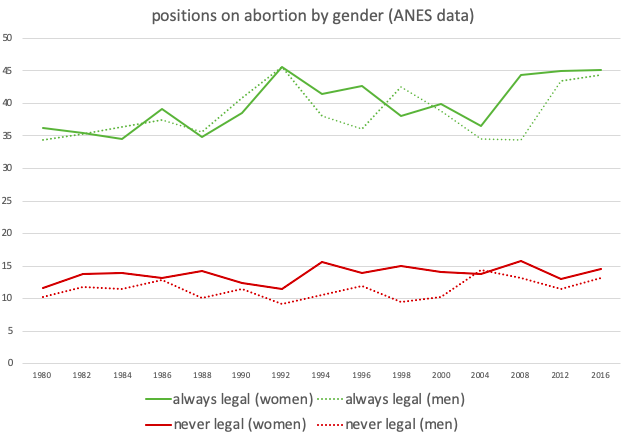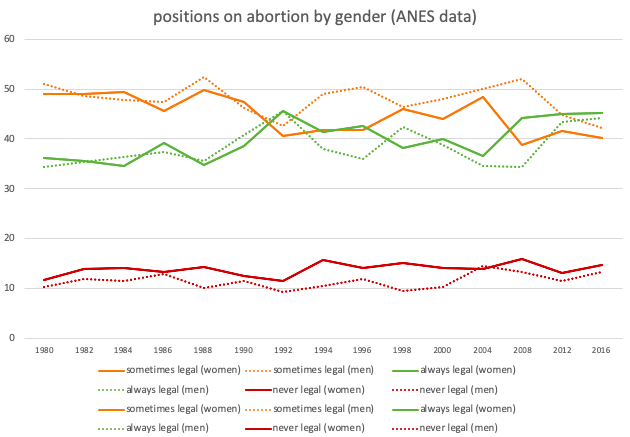“A fox knows many things, but a hedgehog knows one important thing” — Archilochus
This proverb is in the news lately because Philip Tetlock has shown that foxes (flexible and curious generalists) are much better at predicting events than hedgehogs (specialists who hold deep expertise). See David Epstein’s Atlantic article on Tetlock, and see Axios for a current competition funded by the US intelligence agencies to test his theories.
Tetlock draws from Isaiah Berlin’s 1953 essay, which is light but offers some insights, I think, about specific authors. Berlin argues that Tolstoy was psychologically a fox but believed–for theological/ideological reasons–that we should all be hedgehogs. Our one big idea should be the Imitation of Christ. This tension was at the heart of Tolstoy’s books and life. I also endorse Peter Hacker’s view that Wittgenstein was temperamentally a hedgehog who forced himself self-consciously to become foxlike in his late work.
If you take the proverb literally, it seems more impressive to be a fox. The fox uses its brain to hunt and escape, whereas the hedgehog just instinctively rolls up to take advantage of its best physical asset, its spines. But the metaphor is loose. Human hedgehogs are among our deepest, most original thinkers. They are the ones with the discipline to construct whole, coherent worldviews. They don’t merely employ a strategy but create it.
In contrast–and I write this as very much a fox–foxes can be ad hoc and derivative, eclectic in a bad way. A fox can employ the available ideas that seem to fit the situation without generating any new frameworks for others to use. A fox can be a jack of all trades, master of none. We foxes need hedgehogs to develop new ways of thinking, from which we borrow superficially and pragmatically.
But it is interesting that the hedgehogs are so consistently wrong about what will happen next. They are more likely to suffer from confirmation bias. They can make any data fit their theory. And they are worse than foxes at recognizing exceptions, tradeoffs, and zones of uncertainty. They lack phronesis, practical wisdom.
I therefore think it’s a problem that hedgehogs have an advantage in the competition for attention. If you are associated with one big idea and you keep hammering away at it, you have a “brand.” People turn to you to say that one thing, even if they don’t agree with it, and so your fame rises. You must compete with the other people who say the same thing, but if you’re first or more effective at communicating it, you can own the space.
So as not to offend anyone alive, I’ll use the case of my late colleague Ben Barber, who was early to revive the idea of “strong democracy.” (More democratic engagement is always better; the good life is lived in public; liberalism is too individualistic; etc.) He wrote several best-sellers, and I attribute his success in part to his capturing a particular brand. For courses, debates, conferences, etc., you may need someone to say, “More democracy!” Barber cornered that market.
Temperamentally, I am with the foxes. As soon as I write an argument for anything, I immediately become fascinated by the arguments against it. I have a limited attention span and jack-of-all-trades tendencies. I frequently disappoint practitioners and advocates, who know that I have written in favor of campaign finance reform, public deliberation, service, or civic education and want me to say it again to a new audience with more conviction. In fact, I am almost always on the verge of apostasy and retraction.
I really do admire the hedgehogs. But I’ll say a few things in favor of foxes.
First, the moral world is immensely complex, because it emerges from myriad human interactions and takes the form of communities, cultures, and institutions that overlap, interrelate, and become loaded with historical resonances. Thus an adequate moral theory is almost certainly partial, inconsistent, and ad hoc.
Second, acting like a fox keeps you mentally alive. It may be a self-indulgent concern, but I fear ceasing to think. Even the greatest hedgehogs, it seems to me, have stopped their quest for knowledge. They already know, and know that they know, and are done.
I’ll also say one thing against foxes. At least in folkore, a fox is a solitary hunter. What if you also like people and feel loyalty to groups of peers who share goals and missions? Then you cannot simply act like a fox.
To switch metaphors, Keats admired the “quality” that forms a “Man of Achievement especially in Literature and which Shakespeare possessed so enormously—I mean Negative Capability, that is when man is capable of being in uncertainties, Mysteries, doubts, without any irritable reaching after fact and reason.” I also admire Negative Capability, but it is a virtue of the poet, not the ally. Negative Capability is good for writing fiction that explores many different perspectives; it is not so helpful for co-writing a mission statement for an organization and then following through.
So I would like to be a fox who is helpful in a pack. The question is to what degree that’s possible.
See also: the politics of negative capability; loyalty in intellectual work; in defense of Isaiah Berlin; structured moral pluralism (a proposal); and Tolstoy, Shakespeare, Orwell


